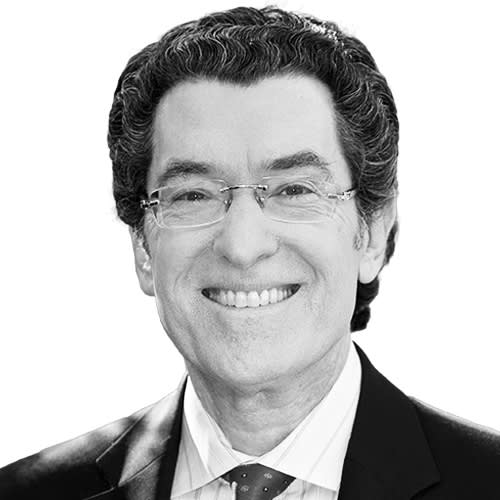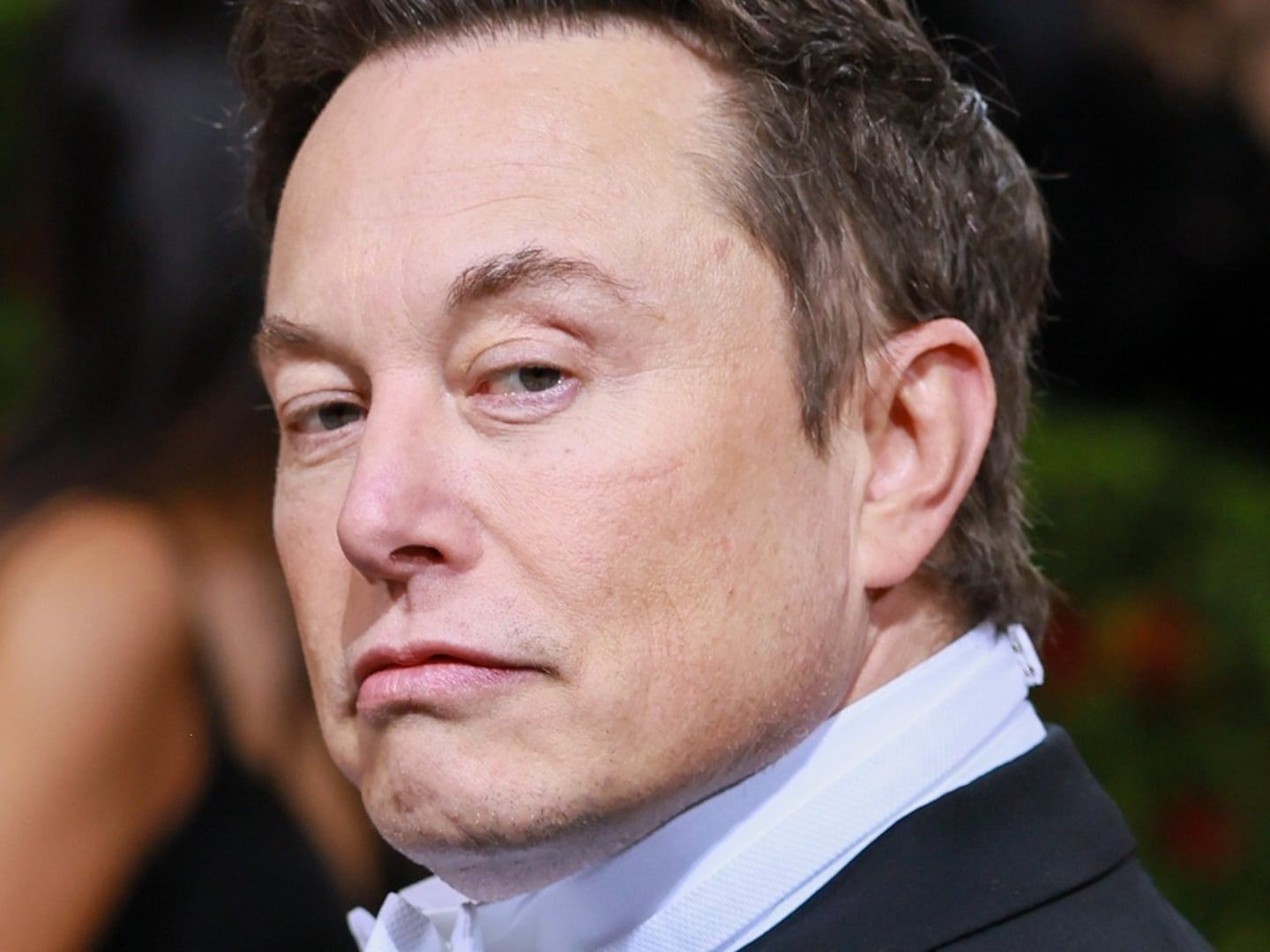Crime & Justice
Photo Illustration by Erin O’Flynn/The Daily Beast/Getty Images
Trump’s Manhattan Trial Is About a Lot More Than Hush Money
PRIMER
Here’s what to know as Trump goes on trial this week, the first time an American president in or out of office has been charged with a crime.





